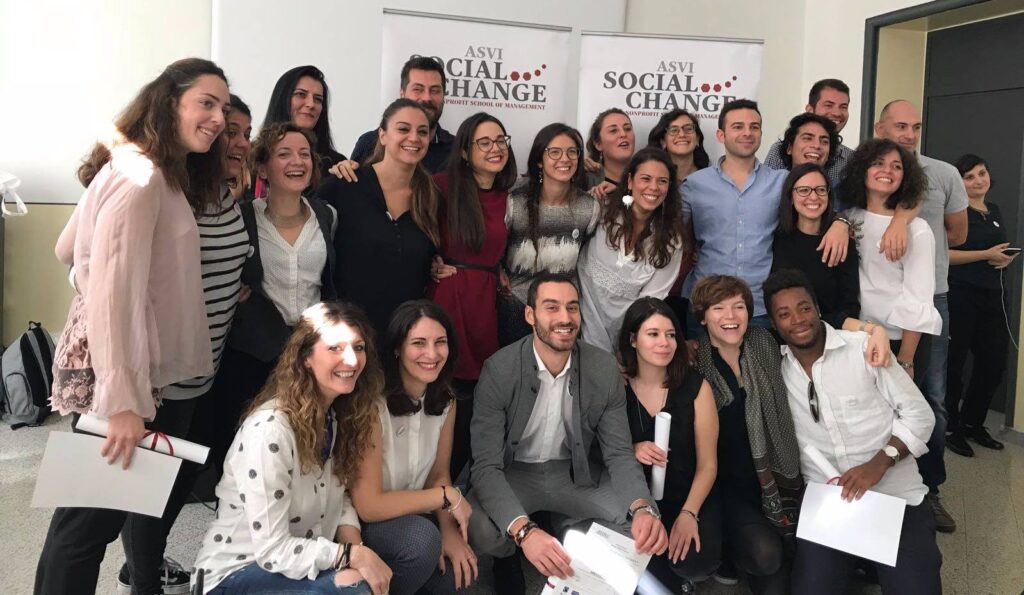Tirso Puig, Operative Director and Head of Social Change School’s Career Development Service, will delve today in a fundamental topic when you are looking for a job: the interview.
Besides the various procedures of selection, when you are starting your interview and are staring into your interviewer’s eyes, it’s already too late to think about a strategy. It’s essential for you to arrive at the interview as prepared as possible and with some very clear reference points in your mind.
This is why a fundamental step of our Career Development Service path is the Job Interview Challenge, during which each student has the opportunity to participate in a simulation of an interview with an HR manager or a professional of the sector. During the challenge, the student can apply instruments studied during the didactic part about their presentation for a hypothetical vacancy, a job position or an internship – thanks to this step, students are sometimes added to the organization’s roster.
Here’s what Tirso Puig has to say about the topic: “We should keep in mind that each person knows (or at least should know) the strengths and weaknesses that they need to work on the most. That said, here are the 8 tips to follow when you are preparing for a job interview:
- Before the interview, it is essential to review the CV and Cover Letter we have sent before the interview and particularly focus on the points in our profile that match what the organization is looking for (this part is indeed called “matching”).
- It’s important to get ready to answer some questions about the organization we are applying to work for, but also about the role we intend to hold. The classic question? “Why do you want to work for this organization?” or “What do you think about the role you are applying to?”.
- It would be a good idea to prepare some answers, a sort of script, to questions that are more or less “canonical” and that could be asked about topics like education, experience, profile and knowledge for that specific role.
- Reflect on the “added value” we could represent for the organization in the event that we are indeed recruited to be part of the staff. What are the elements we would bring to the organization, as people and as professionals, that others could not bring?
- A concept that is often underestimated is to establish an empathetical way to communicate with the interviewer. The main objective is to establish a relationship of trust with the person who is interviewing us and to act as we are comfortable and calm.
- The interviewer is not the only one who is supposed to ask questions: the interview should also be useful to the interviewee – and therefore it is a good idea to prepare some questions. We could ask details about the working conditions, or about the department you would be joining, or the type of social or geographic context you will need to approach.
- Generally speaking, the key to a good interview is being able to listen. Listening to the interviewer, taking some notes (if needed) and understanding what they are asking us, so that we will be able to answer questions in a precise and adequate manner. If we need to, we can also take some seconds to think about the answer we want to give; the interviewer is not expecting us to immediately answer to an unexpected question that was maybe even asked to test the candidate.
- The last advice is to imagine the job interview as a conversation, something that really helps reducing anxiety. After all, we are only two people who are working for the same objective: fulfilling a need of the organization”.
Do you want to be even more prepared? Try answering these questions:
- What are the biggest obstacles you had to face during your career? How did you overcome them?
- How do you usually react when there’s a problem?
- Can you think of three times you performed tasks that were similar to those of the role you are applying for? (Be specific)
- Which parts of your previous job did you find most interesting? Why?
- Tell us about a moment in which you didn’t give up and did everything in your power to pursue an idea or position, no matter the difficulties.
- What are the characteristics you would like your colleagues or supervisors to have?
- Why did you leave or want to leave your previous/current position?



